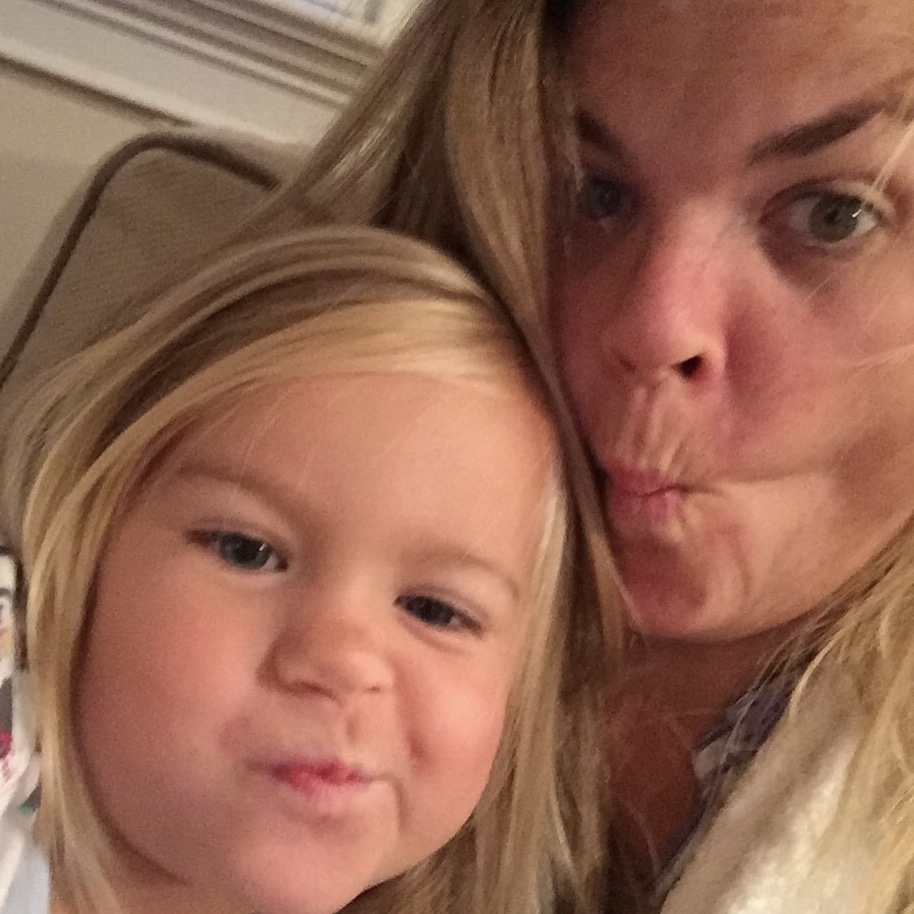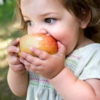Palatetraining Your Baby
Here's a concept that may be new to many parents out there--palatetraining.

What in the world is palatetraining? That is a question I have heard many times over the past 8 months after launching Boop Baby®, a harvest to highchair® baby food company based out of Charleston, South Carolina.
Palatetraining is simple. It is training babies to enjoy fresh, unprocessed, fruits and vegetables. When we are born, we already have a palate based on what our mother ate when she was pregnant or breastfeeding. Believe it or not, we are born with over 10,000 taste bud receptors, but as we mature we have less than half that by the time we're adults.
Fresh fruit and vegetables have intense taste, color, smell, and textures. Shelf-stable baby food is made in huge batches engineered to be similar in all aspects. Making your baby food at home or purchasing a product such as Boop Baby® allows for batch diversity and the natural variation that occurs in real food. If baby’s first food is processed, baby becomes acclimated to mild over-processed flavors, so the taste, color, and texture of fresh foods become too overwhelming down the road.
Read the labels. Ingredients are listed in order from greatest to least. Many times you will find that the flavors on the front of the packaging are not the predominant ingredients. When you transition to real foods and introduce a new fruit or vegetable, you assume baby will enjoy them because he or she ate it previously. Unfortunately, they reject it because it is a foreign flavor and texture. In addition, adding fruit to vegetable purees masks the taste of the vegetable so there is never a real chance to acquire a taste for the vegetable alone. Further, shelf stable baby food is processed at high temperatures in order to kill microorganisms and prevent food borne illness. However, this high heat processing also removes heat sensitive vitamins and nutrients your baby needs. You will find these vitamins and nutrients added back into the shelf stable baby food through additives so the nutrition label is more appealing.
Who doesn't love sweets? Evolutionarily, babies are partial to sweeter foods. By palatetraining babies early, we are preventing this natural proclivity. Exposing babies to fresh vegetables conditions them to develop a taste for vegetables and non-sweet foods. The baby will still like sweets, but they will be trained to also love the taste of real vegetables and other non-sweet foods. Many blogs and articles recommend bananas as a good first food, however they are just TOO sweet. I recommend starting with avocado. Avocados are nutrient dense, full of wonderful healthy fats and have a delicious mild flavor.
The last two things I recommend as part of your journey with your little ones as you introduce solids is; 1) don't impress your own palate on your baby. There are going to be fruits and vegetables that they will ultimately love, but you simply don't enjoy. Continue to serve them these new and wonderful fresh flavors and textures, so they can grow their own palate. And, most importantly 2) HAVE FUN!

Featured Blogger
Ann Read

After spending over 20 years in fundraising, marketing and PR, Ann Read launched Boop Baby®, a harvest to highchair® baby food company based in Charleston, SC. Boop Baby® sources everything locally, makes each order fresh, and delivers to families each week. By using only what is currently in season, the produce is at the peak of freshness and flavor and because it's not shelf stable, the food retains more vitamins and nutrients than store options. With a fresh to frozen line, Boop Baby® is available across the country.
Ann started Boop Baby® in homage to her mom after she passed away in 2015; the example her mom set in her own life; and the desire to be more present in her daughter's life. For more information visit www.boopbaby.net.


























